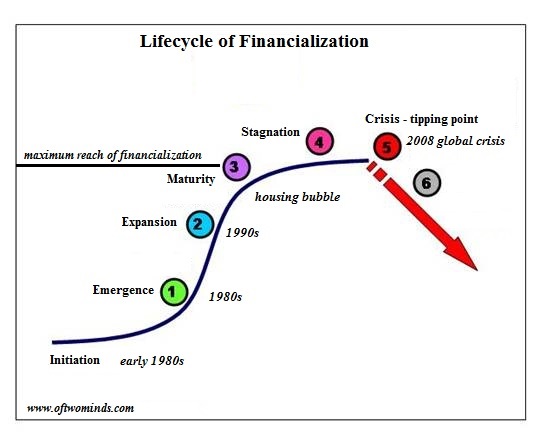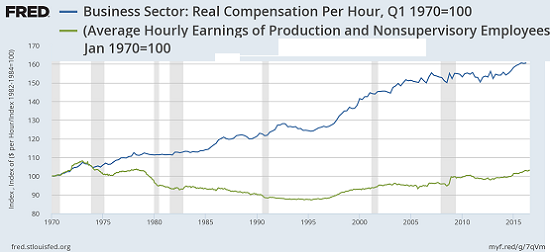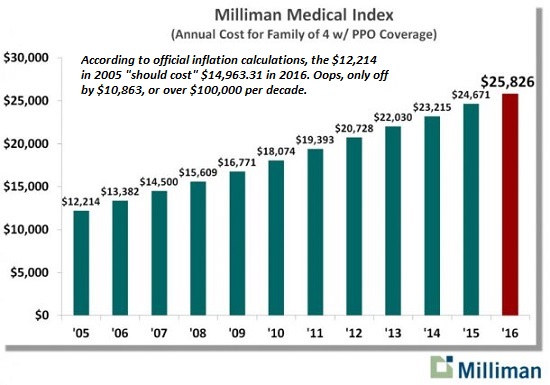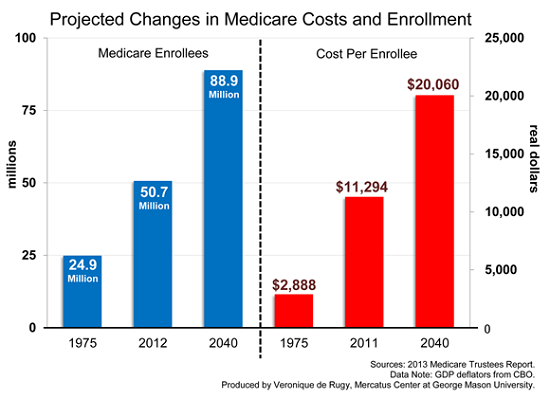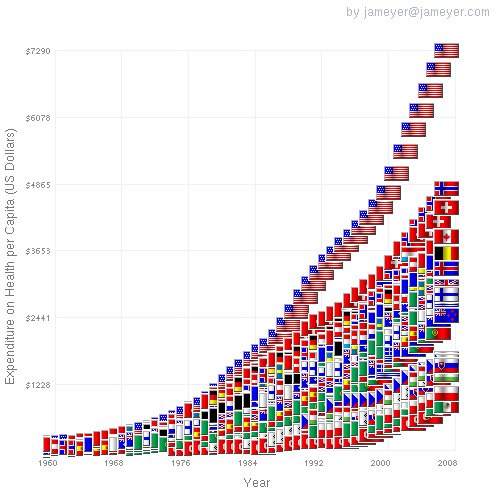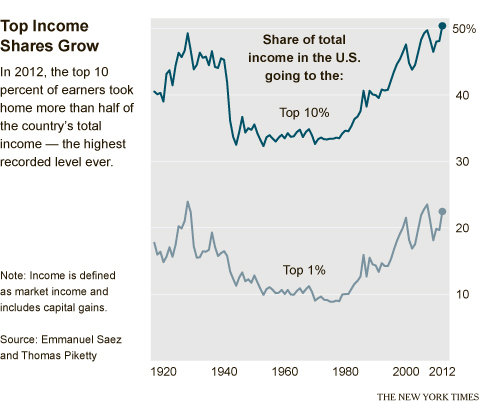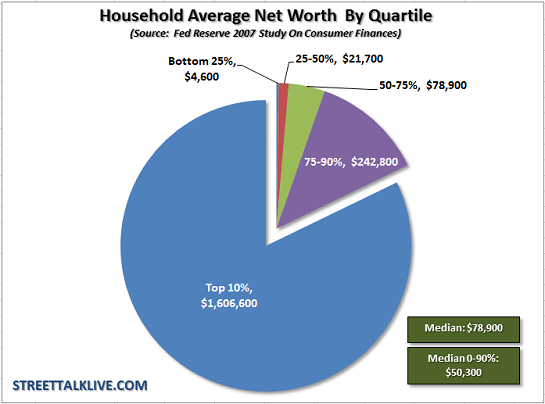For goodness sakes, people--ignore the rigged polls and vote for the candidate you believe in.
A new national poll has found that 54% of potential voters favor the mayor of Cormorant, Minnesota over either Hillary Clinton or Donald Trump. The poll surveyed a spectrum of potential voters and has a statistical margin of error of -3/+3%.
Here is the mayor of Cormorant, Minnesota: Duke, a nine-year-old Great Pyrenees. Duke has been re-elected twice, most recently at the end of August.
(source: Zero Hedge)
The point being made here is polling is easily gamed. First, pick your goal: you want the poll to find Duke is favored above Hillary and Trump.
Next, select groups that are likely to vote in line with your goal. For example, start with subscribers to the Bark, Dog Fancy and other dog-owner magazines.
Then select leading questions:
1. If you could select a candidate other than Hillary Clinton or Donald Trump, would you do so?
2. Would you be willing to take a chance on an elected official from small-town America, despite his/her lack of national experience?
3. Given that more Americans believe in BigFoot than believe the mainstream media is fair and accurate, are you open to an "outsider" candidate for the presidency?
4. Given the choice between the twice-re-elected mayor of Cormorant, Minnesota, and either Hillary Clinton or Donald Trump, who would you likely vote for?
And that's how you rig a poll to find that more Americans would vote for Duke the mayor than for either Hillary or Trump.
Please read this 17-page PDF explanation of a recent poll carefully and tease apart how it was carefully engineered to get the desired result. OK, I didn't want to invest all the time and energy, either, but fortunately for us, correspondent Mark G. has done the heavy lifting.
Here is Mark's analysis: "This one with Hillary +6% is a good example.
First, the sample on page two is very uninformative.
Democrats 752
Republicans 570
Independents 216
Total 1538
These affiliations don't sum to the stated survey size (1705), or the number of registered voters (1411), or "likely voters" (1041). We can note the political affiliations recorded exceed the number of those registered. How you can be affiliated without registering...? If this were the case, why were all 1,705 in the survey assigned to a group?
However, of the political affiliations that are disclosed, Democrats were 48.89% (752/1538) = 0.4889. in other words, 12 to 16 points higher than actual identification in the US population.
This is the composted manure these "polls" consist of now.
I think their sole purpose at this point is to game the poll averages and thus support a predetermined narrative in the MSM."
Thank you, Mark. Dear reader, do you notice the similarity of these polls to the rigged numbers for unemployment, median household incomes and inflation that I have dismantled?
Polls engineered to manage perceptions are of a piece with statistics engineered to manage perceptions: both are designed to convince us that the status quo is unstoppable and everything is fine--really really fine.
This is what the status quo has devolved to: since it can't/ won't fix the real problems, it settles for perception management to keep the elites in power. I've laid bare this devolution in several books:
If the status quo is so very very fine, why do I envy the township of Rabbit Hash, Kentucky, which had an unmatched spectrum of choices in their mayoral race?
It's a tough call, but I think my vote goes to the possum. I like the way he/she makes the rounds at night, consuming all the left-over dog and cat food; you have to admit, that is a useful service to the town's cleanliness and hygiene.
For goodness sakes, people--ignore the rigged polls and vote for the candidate you believe in: Hillary, Trump, Stein, Johnson, or write in Duke or Lucy Lou, if your state allows write-ins.
As near as I can tell, Duke will not declare war on Russia or ensnare the nation in yet another "war of choice," and Lucy Lou's even willing to work with cats. What more can you ask for?
NOTE: Contributions/subscriptions are acknowledged in the order received. Your name and email remain confidential and will not be given to any other individual, company or agency.
|
Thank you, Harry W. ($10), for your most generous contribution to this site-- I am greatly honored by your support and readership.
|
Read more...
